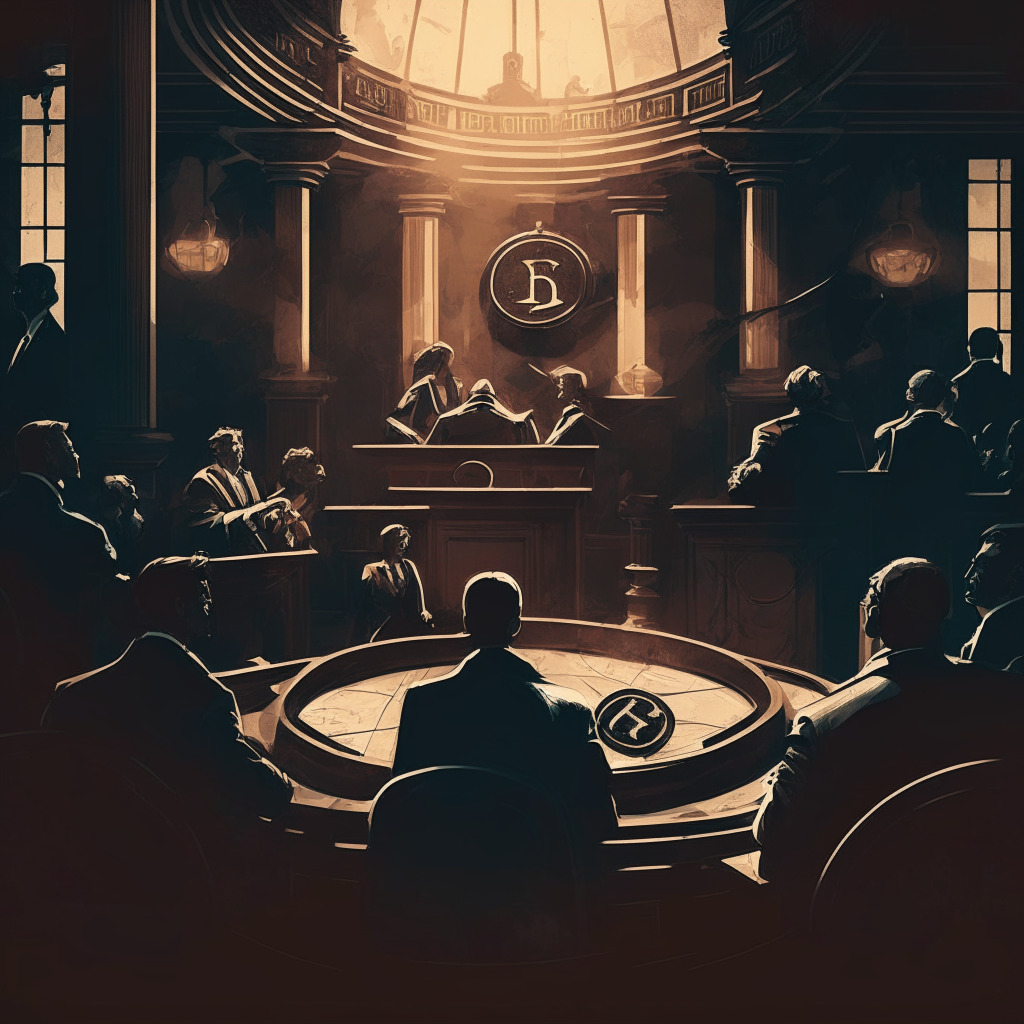Digital Currency Group (DCG), along with its CEO Barry Silbert, has requested to consolidate two class action lawsuits over alleged losses during the crypto winter. In a letter sent to United States District Judge Stefan Underhill in Connecticut, both defendants argued that both cases “arise from the same facts, present overlapping legal issues and propose nearly identical class definitions.” The defendants argued that consolidating the cases would be necessary to avoid conflicting decisions and promote judicial efficiency.
In the letter, the defendants also informed Underhill that they have also asked U.S. District Judge Lewis Liman to transfer the case from New York to Connecticut. The plaintiffs in Connecticut contested the move, arguing that it’s premature to decide before the case in New York gets approved for transfer. They are also expecting the plaintiffs in New York to oppose the transfer because there is a lot of uncertainty in the nature and scope of the claims.
The lawsuit in Connecticut alleges that Silbert orchestrated a misleading transaction to conceal signs of a $1.1 billion implosion after Three Arrows Capital (3AC) started liquidation proceedings. The defendants face allegations of committing securities fraud for making misleading or false statements. Amid the ongoing suits, DCG has decided to close its prime brokerage subsidiary TradeBlock. According to the venture capital firm, the decision stems from the state of the broader economy and the uncertain regulatory environment for crypto in the U.S. TradeBlock officially started the process of closing down on May 31.
The conflicting decisions on whether or not to consolidate the lawsuits reveal the challenges in ensuring fairness and justice in the evolving regulatory landscape for cryptocurrencies. While consolidation might promote judicial efficiency, opposition from the plaintiffs indicates that crucial differences in the nature and scope of the claims might be overlooked in the process. It is essential to strike the right balance between efficiency and a thorough examination of each case’s unique aspects to ensure that the outcome best serves all parties involved.
As regulations continue to take shape, the outcome of these cases might set the stage for future legal battles in the crypto sphere. It remains to be seen how these proceedings will play out and how they might influence the way regulators approach crypto-related lawsuits in the future.
Source: Cointelegraph




